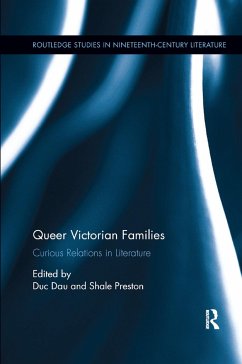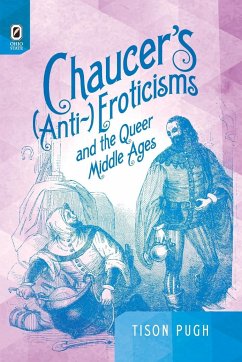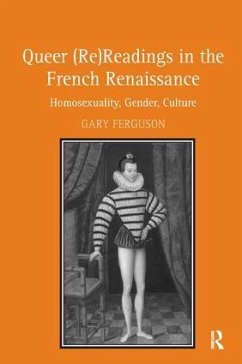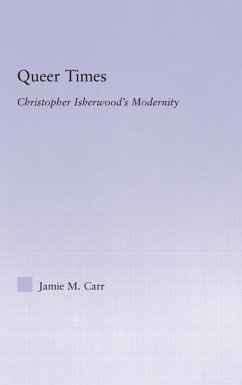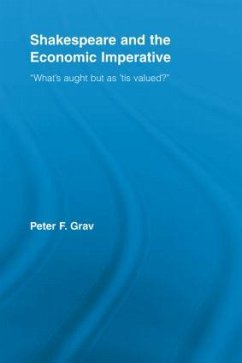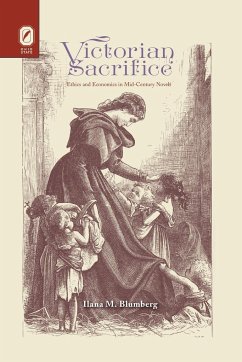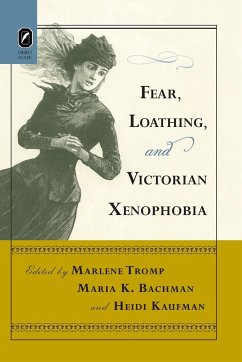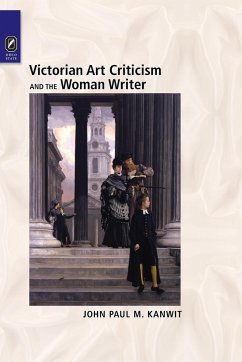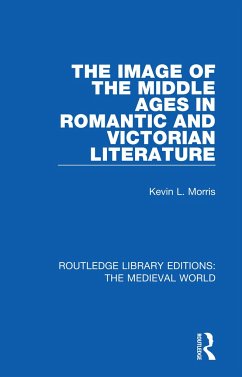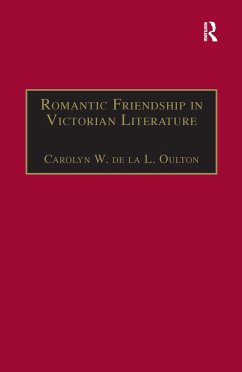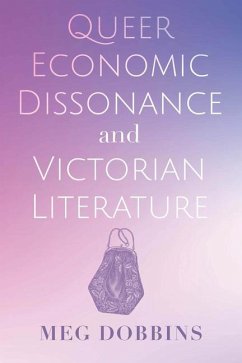
Queer Economic Dissonance and Victorian Literature

PAYBACK Punkte
18 °P sammeln!
In nineteenth-century Britain, the word queer was associated not only with same-sex desire but also with irregular forms of financial association and trust. Queer Economic Dissonance and Victorian Literature centers this forgotten facet of queer by recovering an alternative economic narrative of the Victorian period: one of economic excess, waste, debt, and downward mobility. Drawing on insights from intersectional queer theory and economic literary criticism, as well as astute readings of works by Charles Dickens, Charlotte Brontë, Mary Seacole, George Eliot, and Oscar Wilde, Meg Dobbins arg...
In nineteenth-century Britain, the word queer was associated not only with same-sex desire but also with irregular forms of financial association and trust. Queer Economic Dissonance and Victorian Literature centers this forgotten facet of queer by recovering an alternative economic narrative of the Victorian period: one of economic excess, waste, debt, and downward mobility. Drawing on insights from intersectional queer theory and economic literary criticism, as well as astute readings of works by Charles Dickens, Charlotte Brontë, Mary Seacole, George Eliot, and Oscar Wilde, Meg Dobbins argues that eccentric economic figures like Black entrepreneurs, childless widows, and working-class benefactors represent sites of queerness--forms of economic desire, identity, strategy, or relation that become sites of friction within the developing social and institutional norms of nineteenth-century capitalism. Dobbins argues that Victorian authors document the everyday economic struggles of those cast aside, left behind, and fundamentally transfigured by modern capitalism. Rather than rejecting capitalist ideology, these authors queer socioeconomic norms, shedding light on the provocative ways Victorians made capitalism livable, and even pleasurable. In this way, Queer Economic Dissonance rearticulates the link between erotic and economic forms of dissonance in capitalist society.



